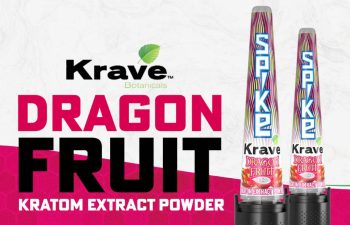What’s in a name? Shakesbeard made it pretty clear: That which we call a rose, by any other name would smell as sweet. And when it comes to the debate of whether the public prefers “Cannabis” or “Marijuana” a new survey find the two are pretty much one and the same.
To assess public attitudes about “marijuana” vs. “cannabis,” researchers at Vanderbilt University partnered with YouGov to survey 1,600 adults in the U.S. The survey asked participants a broad range of questions to get their opinions on one of four randomly assigned terms: “marijuana,” “cannabis,” “medical marijuana” or “medical cannabis.”
According to the survey, 50.1 percent and 50.3 percent support the legalization of marijuana and cannabis, respectively. The authors note there is a “slight uptick” in how much they support cannabis legalization, though: 34.3 percent strongly support “cannabis legalization,” compared to 26 percent who strongly support “marijuana legalization.” Support for legalization also increases when the term “medical” is attached.
“Even though the name attached to the drug appears to have no influence on public opinion, we find consistent support for the notion that the public views the drug more favorably when told it is for medical versus unspecified purposes,” the study states. “The public is much more supportive of legalization of medical use, more morally accepting of it, less bothered by activities involving it, less convinced that it is harmful, and more likely to attribute positive traits to its users when told that the drug is ‘medical.’”
Like “Pot” and “Weed”, “Marijuana” is actually a nickname. The word is a variation of the Mexican-Spanish “marihuana,” actually has a negative connotation for some; the bad feelings stem from a theory that “marijuana” was used by the federal government to tie Mexican immigrants to an anti-cannabis movement almost a century ago.
Examining Internet searches provides another look into preference between cannabis and marijuana. A Leafly editorial looked at how cannabis/marijuana consumers go about finding related online articles, and the result was that “Marijuana” searches remained relatively stable over the past several years, while “cannabis” searches are trending up. In fact, “cannabis” is expected to surpass the use of “marijuana” within the next few years.
Some businesses see “cannabis” as a term with less political baggage. The prohibition era and war on drugs are associated with terms like “dope,” “weed,” and “marijuana” (or the archaic “marihuana”).
Using a neutral, science-based name like “cannabis” may help the plant — and the industry — shed the baggage from that era.




















